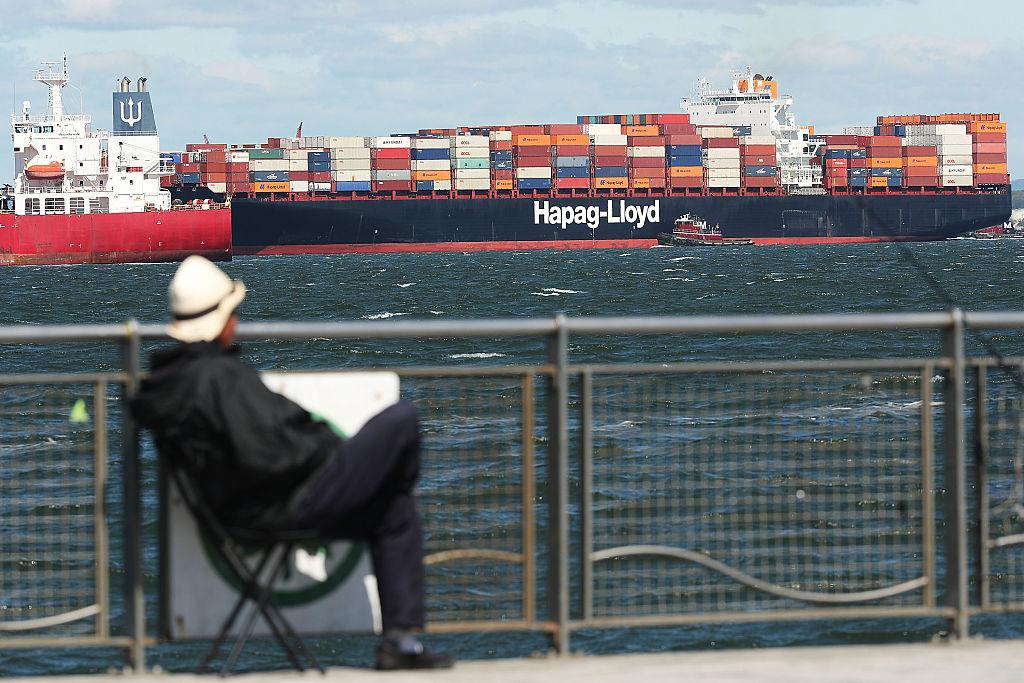WASHINGTON— The U.S. Senate acted to revive the U.S. export credit agency by confirming President Donald Trump’s nominees, marking the White House’s victory over a vast network of political groups backed by the Koch brothers.
The Senate voted May 8 to confirm three nominees to serve on the board of the U.S. Export-Import Bank (Ex-Im Bank), allowing the federal credit agency to have a quorum needed to authorize large loans. Lack of board quorum for nearly four years has prevented the bank from approving deals over $10 million.





